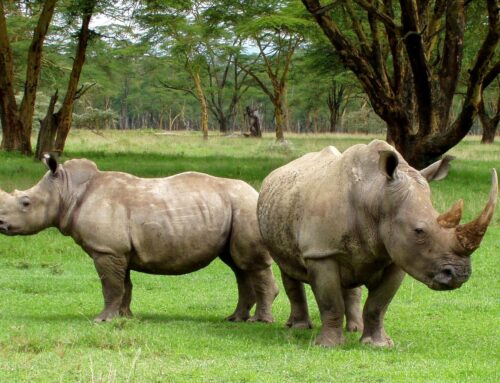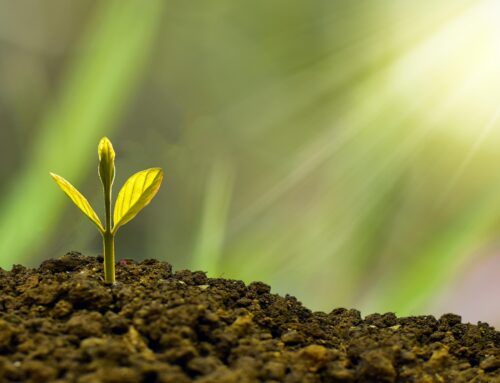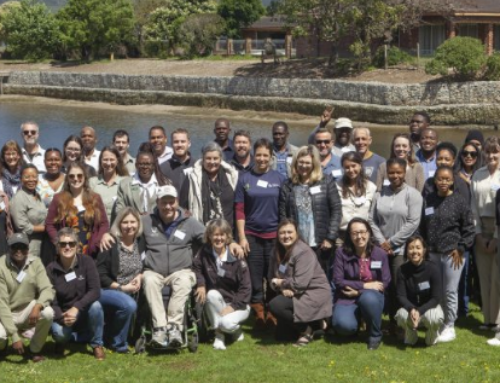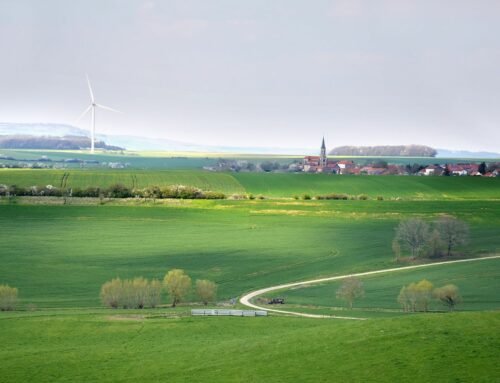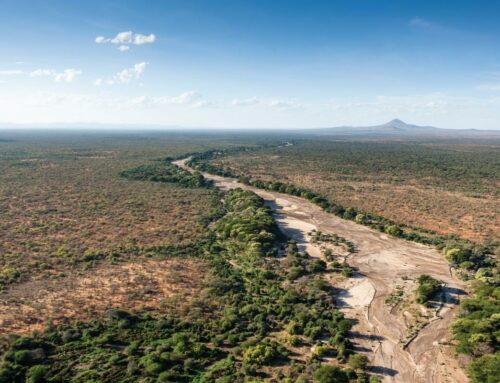Ref.nr SU FV-2901-13 Closing date: 2013-11-20
Project title: Middlemen as crucial social-ecological linkages for achieving sustainable small-scale fisheries
Project description
Understanding how global drivers, such as seafood trade, affect relations between fishers and market agents is essential to increase fishers’ returns, reduce poverty and better sustain fisheries resources. Curbing exploitation locally has focused on restricting fishers’ effort, but global demands create exogenous pressure that is hard for small-scale operators to withstand. Hence, management must extend up the commodity chain and middlemen are an important link. They provide fishers with incentives, markets access, and many services but little is known about how these relations affect fishing behaviour, and effects on ecosystem dynamics and income distribution. This project will use methods from several disciplines to understand how global trade affects local ecosystems and how middlemen-fishers relations can channel sustainable practices or lock systems in unsustainable trajectories.
The aim of the project is twofold; (1) to examine the role of seafood markets and middlemen in mediating interactions between social and ecological components in local small-scale fisheries (SSF) systems, as well as their role in channeling incentives from global to local levels; (2) to analyze the implications of these interactions for social and environmental outcomes at the local level, and the sustainability of SSF.
This can be broken down into four objectives:
- Understand the relationship between fishers and middlemen, and among middlemen, and the effects of these on decision-making (production, marketing, livelihoods, food security) of both groups.
- Analyze the functioning of the SSF seafood marketing system (value chain, performance and competitiveness), links to global markets (e.g. export), and how this is affected by (O1).
- Examine the combined effects of (O1) and (O2) on both social (e.g. household income, debts, livelihood diversity) and ecological outcomes to identify potential benefits and/or the existence of “lock-in mechanisms” (traps) which threaten to undermine long-term sustainability.
- Understand how different governance interventions can affect the SSF marketing system and relations between fishers and middlemen, thus helping to identify governance options that can help unlock ‘trapped’ systems and direct them towards more sustainable futures.
The fieldwork will primarily be conducted in Kenya and the Philippines, with the possibility of extending sites to Tanzania. The project will have links to SPACES, a project investigating the elastic relationship between ecosystem services and human wellbeing in Kenya, funded by the UK ESPA program (DFID, ESRC, NERC).
The PhD student will supervised by Associate Professor Beatrice Crona (Stockholm Resilience Centre and the Swedish Royal Academy of Sciences).
Applications will be assessed based on the following criteria:
– Subject knowledge relevant to the research task,
– Practical experience and knowledge relevant to the research task,
– Knowledge of scientific theory and methodology,
– analytical ability as demonstrated by a scientific report, paper or degree project thesis
– the applicants personal references
– willingness and ability to work as part of a transdisciplinary team
In addition, interdisciplinary subject knowledge in economics and social sciences is meritorious, especially knowledge of interview techniques, value chain analysis and other related econometric tools
More details about the project and the PhD position can be requested from Dr. Beatrice Crona (+46 8 674 7685, beatrice.crona@stockholmresilience.su.se)
Eligibility
Basic eligibility requires a degree at advanced level, completion of at least 240 credits of courses, including 60 credits at advanced level, or equivalent knowledge.
If the applicant has fulfilled earlier requirements for general eligibility before 1 July 2007, i.e. at least 180 credits, or the equivalent, then this eligibility is valid until the end of June 2015.
Specific entry requirements for admission to postgraduate studies in Sustainability Science are that the applicant has a total of at least 30 credits, or equivalent, at advanced level in natural science, as well as a thesis of at least 30 credits at advanced level in a relevant subject, or equivalent knowledge.
A graduate student, may only be employed if admitted to doctoral studies at a university. Selection for employment as PhD student will be primarily based on the applicant’s ability to benefit from postgraduate level studies.
Nature of position
The period of employment for a new graduate student is one year. The appointment may be renewed for up to two years. The total employment may not be longer than the equivalent of four years of full-time doctoral studies.
A person employed as a PhD student will primarily devote themselves to their studies at the graduate level, but may work a maximum of 20% with education, research and administration.
Please note that the decision on employment of a PhD student cannot be appealed.
Stockholm University strives to be a workplace that is free from discrimination and provides equal opportunities for all.
Stockholm Resilience Centre
The mission of the Stockholm Resilience Centre is to advance research for biosphere stewardship and innovation. Research at the SRC applies a social-ecological systems perspective and resilience thinking to generate knowledge and understanding to enable social-ecological transformations towards sustainable futures. Research is advanced through transdisciplinary collaboration with international leading researchers, research environments worldwide, and environmental actors.
The SRC aims to foster new generations of researchers and academic leaders through our PhD level Resilience Research School that integrates young scientists within the research themes of the centre to create new approaches, insights and tools for biosphere stewardship and innovation. The school equips students with a theoretical and practical foundation in Sustainability Science with a resilience focus. It encourages students to develop new approaches that integrate methods and concepts from the social, natural and applied sciences. Emphasis is placed on developing student ability to define a problem, develop research methods, and communicate research findings within international scientific and science-policy discussions.
Further information about the PhD programme can be obtained from Head of Subject, Prof. Garry Peterson, +46 7 37 07 85 92, garry.peterson@stockholmresilience.su.se.
Union representatives
Anqi Lindblom-Ahlm (Saco-S) and Lisbeth Häggberg (Fackförbundet ST), tel 08-16 2000 (vx), and Gunnar Stenberg (SEKO), tel 070-316 43 41.
Further information on the web:
Stockholm University www.su.se/study
Stockholm Resilience Centre www.stockholmresilience.org
The handbook for postgraduate students: https://www.doktorandhandboken.nu/english
Application
The application should include:
– A letter of intent /research proposal (1-2 pages) expressing why you are interested in the project, why you want to carry out doctoral studies, what you hope to achieve through your graduate studies, as well as what skills you may contribute to the project
– curriculum vitae and letter
– Certified copies of diplomas and certificates of special competence,
– A copy of undergraduate theses & publications
– Names and telephone numbers of 2-3 references.
To apply for the position please choose one of the options below:
1. Here you’ll find the link to the form in the web application:
www.su.se/ledigaanstallningar.
2. Please send your application, marked with ref.nr SU FV 2901-13,
no later than November 20, 2013 via email to: registrator@su.se.
Documents sent electronically should be in Word or PDF format.
NOTE! Enter the reference number SU FV-2901-13 in the subject line.
Please submit your application no later than 20 November 2013.



